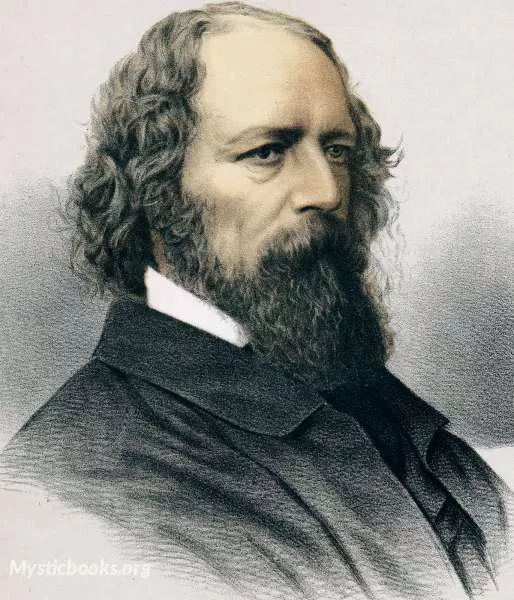
Timeline
Title
Country/Nationality
Lord Alfred Tennyson
Alfred Tennyson, 1st Baron Tennyson was a British poet. He was the Poet Laureate during much of Queen Victoria's reign and remains one of the most popular British poets. In 1829, Tennyson was awarded the Chancellor's Gold Medal at Cambridge for one of his first pieces, "Timbuktu". He published his first solo collection of poems, Poems Chiefly Lyrical in 1830. "Claribel" and "Mariana", which remain some of Tennyson's most celebrated poems, were included in this volume. Although described by some critics as overly sentimental, his verse soon proved popular and brought Tennyson to the attention of well-known writers of the day, including Samuel Taylor Coleridge. Tennyson's early poetry, with its medievalism and powerful visual imagery, was a major influence on the Pre-Raphaelite Brotherhood.
Tennyson also excelled at penning short lyrics, such as "Break, Break, Break", "The Charge of the Light Brigade", "Tears, Idle Tears", and "Crossing the Bar". Much of his verse was based on classical mythological themes, such as "Ulysses", although "In Memoriam A.H.H." was written to commemorate his friend Arthur Hallam, a fellow poet and student at Trinity College, Cambridge, after he died of a stroke at the age of 22. Tennyson also wrote some notable blank verse including Idylls of the King, "Ulysses", and "Tithonus". During his career, Tennyson attempted drama, but his plays enjoyed little success.
A number of phrases from Tennyson's work have become commonplace in the English language, including "Nature, red in tooth and claw" ("In Memoriam A.H.H."), "'Tis better to have loved and lost / Than never to have loved at all", "Theirs not to reason why, / Theirs but to do and die", "My strength is as the strength of ten, / Because my heart is pure", "To strive, to seek, to find, and not to yield", "Knowledge comes, but Wisdom lingers", and "The old order changeth, yielding place to new". He is the ninth most frequently quoted writer in The Oxford Dictionary of Quotations.
Books by Lord Alfred Tennyson
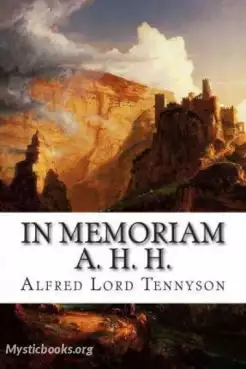
In Memoriam A.H.H.
"In Memoriam A.H.H." is a poem by the British poet Alfred, Lord Tennyson, published in 1850. It is a requiem for the poet's beloved Cambridge friend Arthur Henry Hallam, who died suddenly of a cerebral haemorrhage in Vienna in 1833, aged 22. It conta...
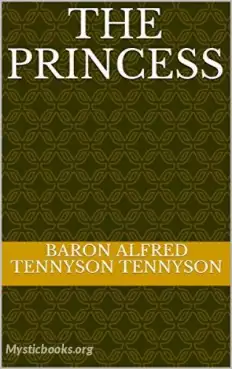
The Princess
The Princess is a serio-comic blank verse narrative poem, written by Alfred Tennyson, published in 1847. Tennyson was Poet Laureate of the United Kingdom from 1850 to 1892 and remains one of the most popular English poets. The poem tells the story o...
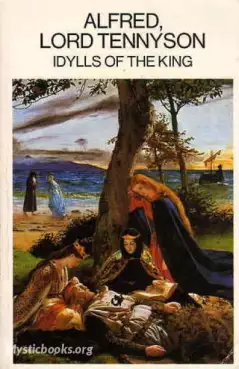
Idylls of the King
Idylls of the King, published between 1859 and 1885, is a cycle of twelve narrative poems by the English poet Alfred, Lord Tennyson (1809–1892; Poet Laureate from 1850) which retells the legend of King Arthur, his knights, his love for Guinevere and...
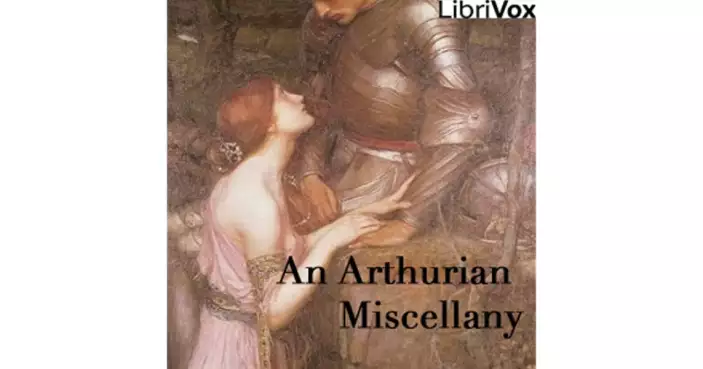
An Arthurian Miscellany
A collection of works that explore the rich and evocative legend of King Arthur. The exploits of Arthur and his Knights of the Round Table have been a staple of British literature through the centuries, drawing together themes of pagan wizardry, the...
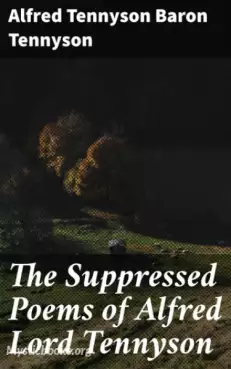
The Suppresed Poems of Alfred Lord Tennyson
To those unacquainted with Tennyson's conscientious methods, it may seem strange that a volume of 160 pages is necessary to contain those poems written and published by him during his active literary career, and ultimately rejected as unsatisfactory....
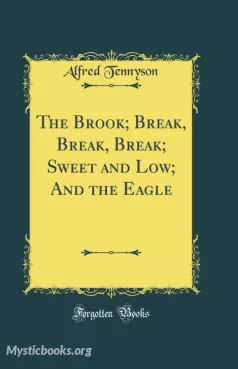
The Brook - Break, Break, Break - Sweet and Low - and The Eagle
The poems in this were written at different points in Tennyson's life and reflect his range as a poet. "The Brook" was first published in 1855, while "Break, Break, Break" and "Sweet and Low" were both published in 1842. "The Eagle" was written in 18...
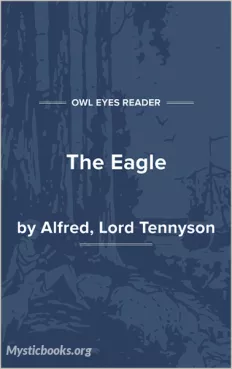
The Eagle
It is a short but powerful poem that captures the essence of a majestic bird of prey, the eagle. The poem is notable for its vivid and detailed description of the eagle as it soars through the sky, hunting for its prey. Tennyson's poem is a celebrat...
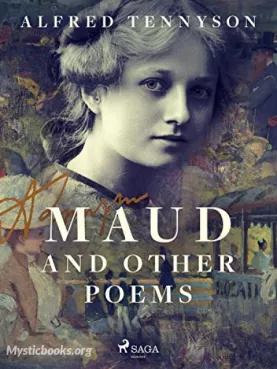
Maud, and Other Poems
A haunting and lyrical exploration of love, loss, and the human condition. In Maud, and Other Poems, Alfred, Lord Tennyson explores the themes of love, loss, and the human condition with his characteristic lyricism and insight. The title poem, "Maud...
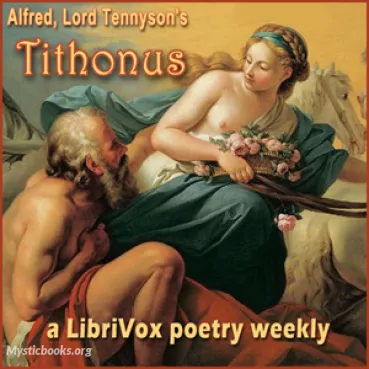
Tithonus
In the realm of Greek mythology, Tithonus, the Trojan prince, is granted the gift of immortality by his beloved goddess, Eos. However, in a cruel twist of fate, she forgets to ask for eternal youth to accompany this gift, condemning Tithonus to an en...